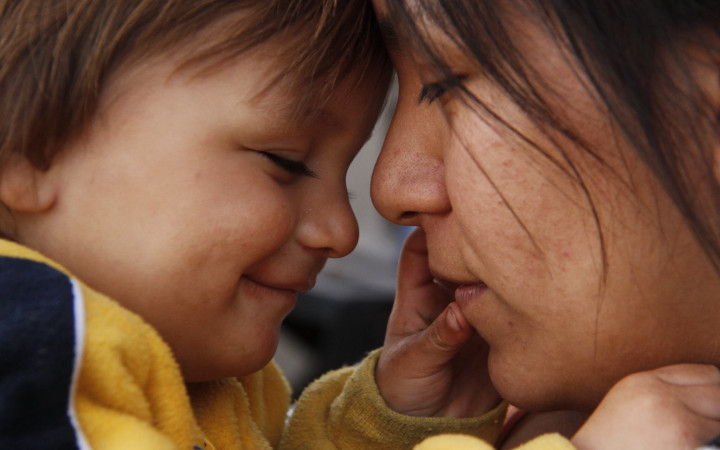Today’s Wonder of the Day was inspired by Melanie. Melanie Wonders, “What happens in our brains when we fall in love?” Thanks for WONDERing with us, Melanie!
What do you love? Some kids might think of their favorite food or their favorite activity. But others might think of their families. They might think of their best friend. They might even think of their crush!
Love can mean very different things. Sometimes, people say they “love” objects. They mean that they really like or enjoy those things. However, it’s very different to say you “love” another person or group of people.
And even love between people can mean different things! The way you love your family might differ from how you love your friends. And it’s certainly different from what people mean when they say they love a significant other. With all these different definitions of love, things can get very confusing.
Luckily, scientists have been working to sort things out. It turns out, there is a science behind love! Or at least, science can tell us what’s happening in the brain when people feel love.
Think about how you feel when you’re with family or friends. Hopefully, these people make you feel safe and happy. When you love your friends and family, you want to spend time with them. You want them to be part of your life for a long time.
That’s called , and it’s one type of love. When you’re around people for whom you feel this love, your brain reacts in a certain way. It releases lots of two chemicals—oxytocin and vasopressin. These chemicals make you feel attached to the people you love as family and friends.
How about romantic love? That’s called attraction, and it comes with a different set of chemicals. During attraction, dopamine, norepinephrine, and serotonin flow through the body. Of course, when people feel romantic love for a long time, they also develop . That means their brains are releasing oxytocin and vasopressin, as well. Experts have found that the brain often keeps sending out these chemicals when these relationships end. That can be a very difficult experience.
What about when you just have a crush? That’s different from romantic love. Your brain releases testosterone and estrogen. Sometimes, crushes turn into attraction or even after some time. Other times, they just go away.
Okay, so now we know what happens in the brain when you feel love. But what causes you to love some people and not others? Why do people love some people like friends or family? What causes people to have crushes or feel romantic love for one person or another?
That’s still a mystery. However, scientists do know that the part of the brain that releases love chemicals is very primitive. They believe it came very early in human evolution, meaning it likely also exists in other animals. In fact, scientists who have observed animals for a long time believe that they feel love, just like humans do.
So if you love your pet, it’s likely that they love you, too! The same goes for your family and friends. It might even be true for a significant other one day. Whoever you love, the science remains the same. And with the rush of chemicals from your brain, it’s no WONDER love is such a strong emotion!
Standards: NGSS.LS1.A, CCRA.R.4, CCRA.L.3, CCRA.L.6, CCRA.R.1, CCRA.R.2, CCRA.R.10, CCRA.SL.1, CCRA.SL.2, CCRA.W.2, CCRA.L.1, CCRA.L.2




